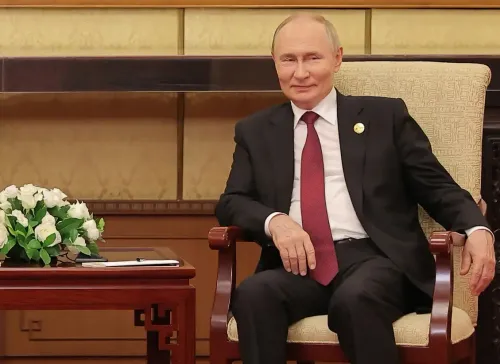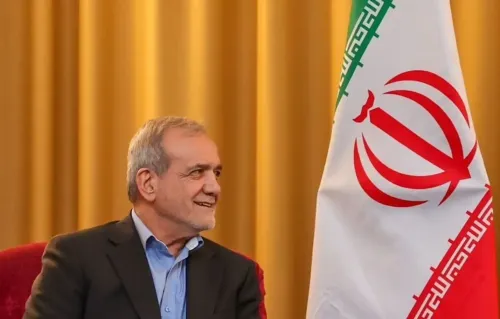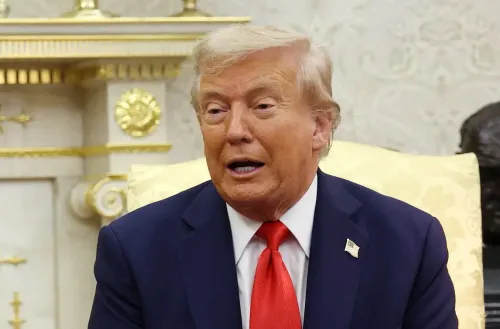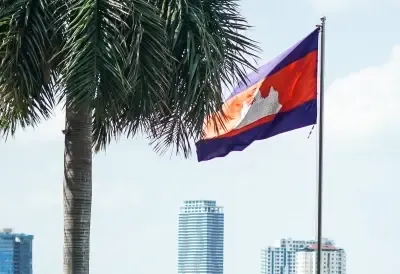What Led to Injuries in Dhaka's Sit-in Protest for the July Charter?
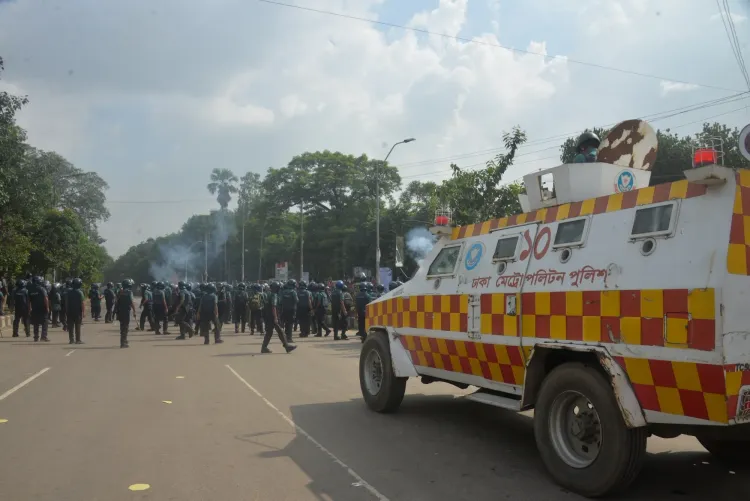
Synopsis
Key Takeaways
- Violent clashes erupted in Dhaka over the July Charter protest.
- Multiple injuries reported with some individuals in critical condition.
- Protestors demand the National Consensus Commission finalize the July Charter.
- Police used force to disperse conflicting groups.
- Political divisions are evident as different factions oppose the charter.
Dhaka, Aug 2 (NationPress) Several individuals suffered injuries during violent confrontations in Bangladesh's capital, Dhaka, when a faction identifying as “genuine July Warriors” launched an attack on demonstrators holding a sit-in to advocate for the execution of the July Charter, local media reported.
This incident transpired late on Friday night, as a crowd of students and local residents clashed with the protestors, breaching the barricades while accusing them of being impostors.
The police intervened, using a lathi-charge to disperse both factions from the roadway.
Inspector Md Farouk, overseeing the Dhaka Medical College Hospital (DMCH) police post, reported that at least five individuals received initial treatment at DMCH, with two others in critical condition and currently undergoing care.
The sit-in commenced on Thursday morning, with protestors chanting slogans against the delay in announcing the July Charter, urging the National Consensus Commission (NCC) of Bangladesh to finalize it promptly.
For over 32 hours, the demonstrators obstructed the road, resulting in significant traffic disruptions and inconveniencing local residents and surrounding areas.
A group identifying as 'July Warriors' had been occupying the Shahbagh intersection since Thursday morning. Despite ongoing attempts to persuade them to disperse, they remained. On Friday evening, another group, also claiming to be 'July Warriors', arrived at Shahbagh, escalating into a conflict between the two factions, as reported by Masud Alam, deputy commissioner of police (Ramna Division).
The protestors blocking Shahbagh alleged that the police used batons against them following an assault by a rival group.
“The police struck my back. A group came from PG Hospital (BMU) and attacked us, dismantling our stage. While some injuries may have occurred during the clash, the majority were outsiders opposed to our movement,” stated Md Yasin, a participant in the protest.
“Both the police and the opposing group assaulted us. Two of our members have been hospitalized, and several others were injured. We are now regrouping at the Raju Memorial Sculpture. Our subsequent actions will be disclosed later,” remarked Masud Rana Shourav, chief organizer of the group advocating for the July Charter.
Meanwhile, the interim government led by Muhammad Yunus has completed the draft of the July Charter, set to be presented on the evening of August 5, according to a press release from the Chief Advisor's Press Wing.
The statement indicated that the charter will be unveiled to the nation in the presence of all parties involved in the previous year's July demonstrations.
Reports indicate that significant disagreements have arisen among key political factions in Bangladesh, leading the National Consensus Commission (NCC) to struggle in reaching a consensus on numerous reform proposals during the second round of discussions.
Recently, several political entities in Bangladesh, including Jamaat, NCP, and Islami Andolon, expressed objections to the draft of the July Charter.

